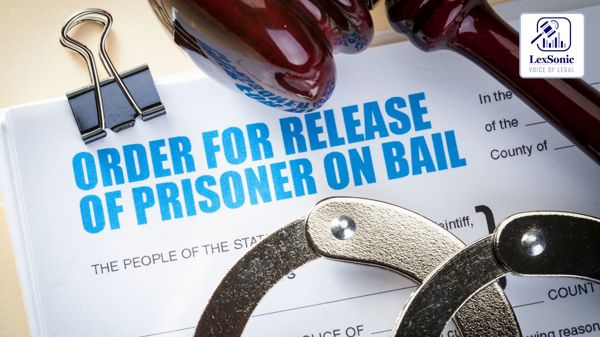MCOCA Mirage: Arrested Under the Act, But Freed on a Technicality?
26 March 2024
Bail and Antcipatory Bail >> Criminal Law
Facts:
Several individuals were arrested in September 2023 for offenses punishable under the Indian Penal Code (IPC) and the Maharashtra Control of Organized Crime Act (MCOCA). The extended investigation period permitted under MCOCA was granted. However, in December 2023, the competent authority declined sanction for prosecution under MCOCA, effectively remitting the case to the jurisdictional magistrate under the CrPC. Despite this, the lower court rejected the accused's bail application under Section 167(2) CrPC, citing the ongoing investigation timeframe under MCOCA at the time of charge sheet filing.
Legal Issue:
The central question revolves around the accrual of the right to default bail under Section 167(2) CrPC in a scenario where the initial investigation period is extended due to MCOCA invocation, but prosecution under MCOCA is subsequently denied.
Contentions:
- Accused: The accused argue that their right to default bail arose upon the revocation of MCOCA sanction. They contend that their application filed before the charge sheet was a timely exercise of this right, which cannot be negated by the subsequent charge sheet filing.
- Prosecution: The prosecution argues that the extended investigation period under MCOCA remained valid until the charge sheet was filed, thereby precluding the application of Section 167(2) CrPC.

Relevant Legal Principles:
- Section 167(2) CrPC: This provision guarantees bail to an accused if the investigation is not completed within the stipulated timeframe.
- Indefeasibility of Right: Indian courts have consistently held that the right to default bail under Section 167(2) CrPC is an essential facet of the fundamental right to life and liberty enshrined in Article 21 of the Constitution. This right is considered "indefeasible," meaning it cannot be defeated by technicalities.
The Court's View:
The court ruled in favor of the accused based on the following reasoning:
- Indefeasibility of Bail Right: The court emphasized that the right to default bail under Section 167(2) CrPC is an essential facet of the fundamental right to liberty enshrined in the Constitution. This right is considered "indefeasible," meaning it cannot be defeated by technicalities.
- MCOCA Revocation and Right to Bail: The court interpreted that once sanction for prosecution under MCOCA is denied, the justification for the extended investigation period under MCOCA ceases to exist. Consequently, the right to default bail arises on the very next day if a charge sheet isn't filed.
Conclusion:
The court allowed the application for default bail because the accused exercised their right by filing an application before the charge sheet was lodged.
Key Takeaway:
This judgment clarifies that in MCOCA cases where prosecution under the act is denied, the right to default bail accrues the moment sanction is refused. This reinforces the importance of upholding the fundamental right to liberty and prevents unnecessary detention due to technicalities.
MAHARASHTRA VILLAGE POLICE ACT, 1967 Indian Penal Code, 1860 Code of Criminal Procedure, 1973
